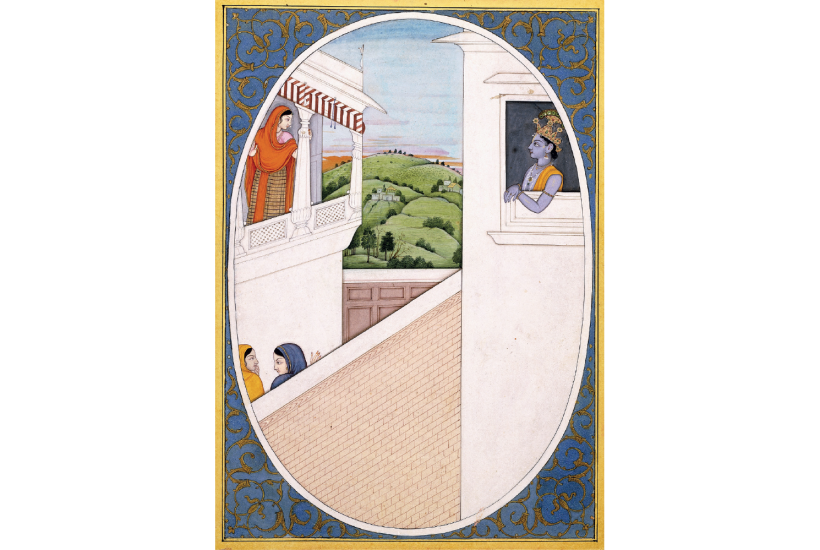The first European translation of the Bhagavad Gita, a dialogue between Prince Arjuna and Lord Krishna, appeared in English in 1785. Strangely, this classic of Indian spirituality, which is much concerned with liberation, was prefaced with talk of conquest, rightful dominion and chains of subjection.
The translation had been produced under the auspices of the English East India Company, then in the process of claiming for itself ever-larger swaths of territory in India.
Already a subscriber? Log in
Subscribe for just $2 a week
Try a month of The Spectator Australia absolutely free and without commitment. Not only that but – if you choose to continue – you’ll pay just $2 a week for your first year.
- Unlimited access to spectator.com.au and app
- The weekly edition on the Spectator Australia app
- Spectator podcasts and newsletters
- Full access to spectator.co.uk
Unlock this article
You might disagree with half of it, but you’ll enjoy reading all of it. Try your first month for free, then just $2 a week for the remainder of your first year.








Comments
Don't miss out
Join the conversation with other Spectator Australia readers. Subscribe to leave a comment.
SUBSCRIBEAlready a subscriber? Log in